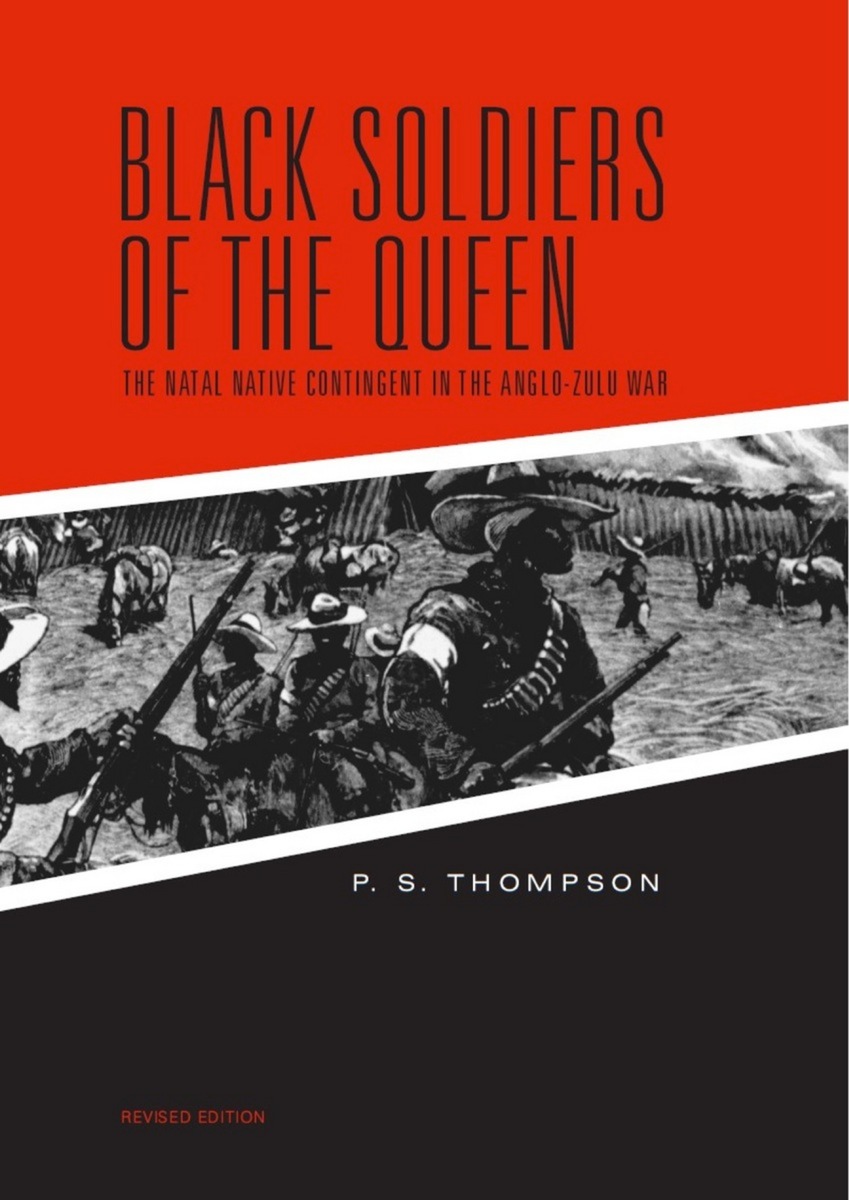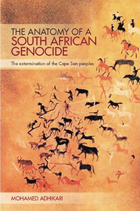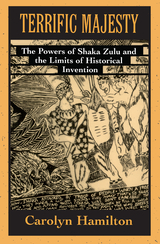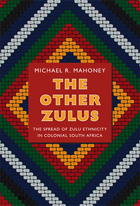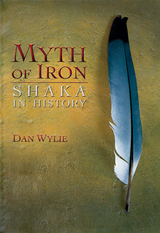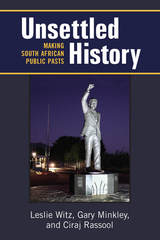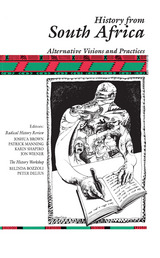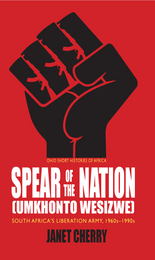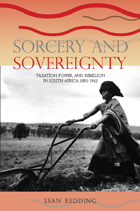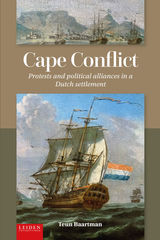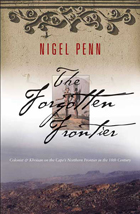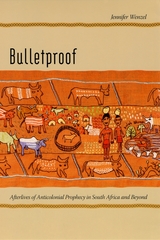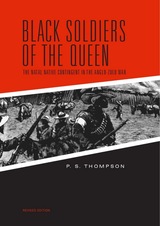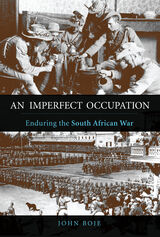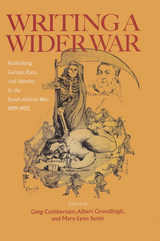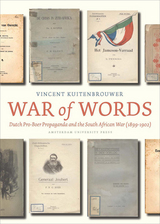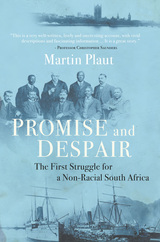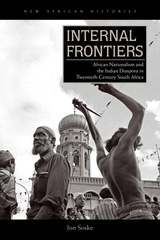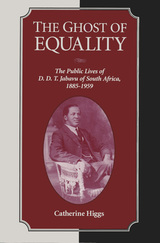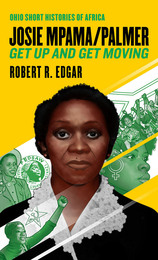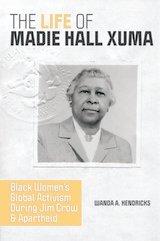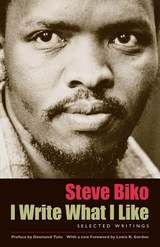Black Soldiers of the Queen: The Natal Native Contingent in the Anglo-Zulu War
by P. S. Thompson
University of Alabama Press, 2006
eISBN: 978-0-8173-8180-6 | Paper: 978-0-8173-5368-1
Library of Congress Classification DT1875.T45 2006
Dewey Decimal Classification 968.4045
eISBN: 978-0-8173-8180-6 | Paper: 978-0-8173-5368-1
Library of Congress Classification DT1875.T45 2006
Dewey Decimal Classification 968.4045
ABOUT THIS BOOK | AUTHOR BIOGRAPHY | REVIEWS | TOC
ABOUT THIS BOOK
Africans who fought alongside the British against the Zulu king
AUTHOR BIOGRAPHY
P. S. Thompson is retired Associate Professor of History at the University of KwaZulu-Natal, South Africa, and the author, with John P. C. Laband, of The Illustrated Guide to the Anglo-Zulu War.
REVIEWS
“Black Africans made up more than half of the British army that invaded Zululand in January of 1879 and went on to fight the storied battles of Isandlwana, Rorke’s Drift, and Ulundi. The British force totaled some 16,800 men, at least 9,000 of whom were Africans. Of these a few, perhaps as many as 1,000, were dissident Zulus. . . . The bulk of the large African component, however, was comprised of the Natal Native Contingent (NNC), men recruited from Africans resident in Natal.
“This is the force whose story Thompson told in a 1997 edition [and he] has produced a revised and expanded version that is sure to remain the definitive account of Britain’s black allies in the Anglo-Zulu War.
“The literature on the Anglo-Zulu War contains very little about the NNC, for reasons that are partly political, partly cultural. During the imperial era, Europeans were not interested in diminishing their own exploits by extolling those of their native [allies]. And in the wake of empire, the African had no desire to glorify them. To many in the current generation, the NNC [were] egregiously incorrect politically and best forgotten [but] this would scant the part played in the Anglo-Zulu War by the province of Natal. In 1879, Africans made up the vast majority of the population of that province, many of whom were peoples who had been driven from Zululand as a result of Zulu expansion and therefore bitterly anti-Zulu.
“In addition to providing an account from the contingent’s perspective of NNC participation in the epic battle of Isandlwana, Thompson has recounted their service over the whole scope of the war. . . . His account is based on a rich selection of contemporary primary sources: diaries, journals, letters, memoirs, government documents. This extensive research has enabled the author to conclude that the NNC was indispensable to the British victory in the Zulu War.”
—Journal of Military History
— -—Journal of Military History
TABLE OF CONTENTS
Contents List of maps................................ iv Abbreviations used in notes............. v Preface to the revised edition................ vi Foreword................................... vii 1. The Coming of War.............. 1 2. Mobilization--The First Regiment, Pioneers and Mounted Troops............... 17 3. Mobilization (continued)--The Second and Third Regiments.................................... 29 4. The Third Regiment in the Zulu Country....... 37 5. Disaster at Isandlwana................................ 47 6. Escape from the Zulu Country............ 63 7. Disbanding of the Third Regiment...... 74 8. The Second Regiment to Eshowe and Back....... 79 9. Remodelling of the Contingent............... 85 10. The Relief of Eshowe............. 91 11. War in the Thorns................ 105 12. War on the Plain............. 115 13. War in the Hills....................... 125 14. In the Zulu Heartland................ 135 15. Victory at Ulundi............ 145 16. The King Chase........................... 155 17. The Return of Peace....... 166 Bibliographical Essay.............................. 175
See other books on: Army | Great Britain. Army | Regimental histories | Republic of South Africa | South Africa
See other titles from University of Alabama Press
Nearby on shelf for History of Africa / South Africa / History:
9780821419878
9780226048970
